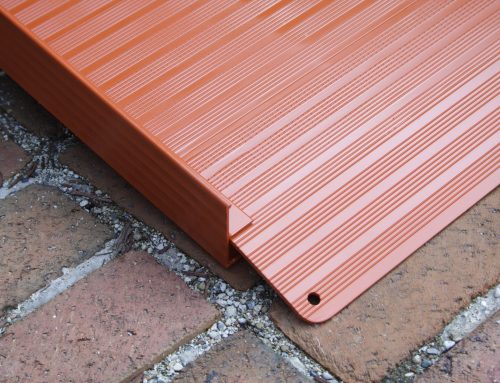Heart disease and cancer were both leading causes of death in 2017. Diabetes was the seventh leading cause.
Early detection of chronic diseases and illnesses by using a medical self-check can often save or extend your life. It puts you in the best possible position to take much-needed action. Medical self-checks can help alert you when something doesn’t feel right and can often be the sign you need to go see a doctor.
February is National Self-Check Month, promoting the importance of a simple task that allows us to maintain power over our own health. It’s a way to increase the odds that we overcome certain beatable conditions.
For the senior population, this can be increasingly important, since the prevalence of these diseases rises as we age. It’s a topic that may be important for adult children to talk with their parents about on a regular basis.
A medical check-up or self-check are things we all tend to avoid. No one likes going to the doctor, or conducting these types of checks. We’re all short on time. Sometimes, we may not even want to know an uncomfortable truth – but with that uncomfortable truth comes the ability to heal.
Most people tend to be reactive when it comes to addressing health concerns. They go to the doctor and seek out information at a point when they are already sick. Self-checks offer a proactive alternative. They allow for prevention and early detection, which can both play an important role in extending a person’s life.
Selfchec.org has a variety of resources and tools available to help people conduct the right checks on themselves for these diseases. The organization compares these checks to the use of a seatbelt in an automobile. While the seatbelt won’t prevent the accident in the first place, it can protect you from extensive injury, and often save your life.








